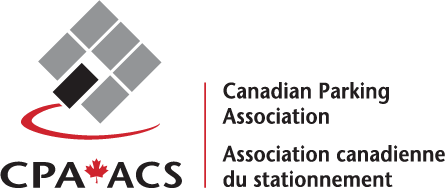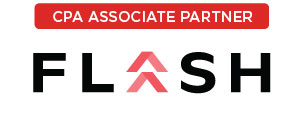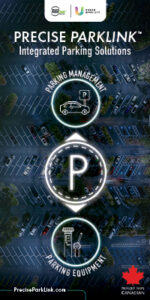The City of St. John’s provides private parking lot enforcements through the Parking Services Division. These private lots include condominiums, apartment buildings, hotels, garages, businesses and restaurants. The purpose of the private lot enforcement is provide enforcement to these private lots when it is deemed that there is an impact on their parking by outside sources and that they currently have no other mechanism to enforce their lot.
The City of St. John’s do not managed these lots nor do we issue parking permits. Majority of these lots are enforced on compliant basis only but we do have a few lots that we enforced regularly that are along our walking routes. There is no cost to the private lot owner to establish a private lot agreement with the City but in return the City received 100% of all ticket revenue. I am very interested in learning what other municipalities do in the way of private lot enforcement.
Chris Pitcher, City of St. John’s
By Bern Grush
Most of us in the parking industry are aware that the days of the parking meter are waning. But these machines will not disappear suddenly. Rather they will experience a long slow decline over the next decade, in many ways repeating what the phone booth has just been through. How meter attrition will be managed is a key consideration for your city’s next meter refresh—especially because it should be your last one. The wrong choice could mean a significant loss.
In March 2014, Dennis Burns wrote about the success of the Washington, D.C. pay-by-phone program: “…the D.C. program has earned 550,000 customers and accounts for 40 percent of the city’s parking revenues. About 80 percent of the seven million transactions to date employ smart phones, with payment options that include credit cards, an online and mobile money management solution, and PayPal.”
When will you go meterless?
While we have come some distance since the first parking meter in the 1930s, we will progress much further in the next few years. As automobiles get smarter, the act of pausing to pay for parking – even on a smartphone – will become unnecessary and increasingly undesirable. High enforcement costs are driving cities toward digital credentials tied to license plates that can be rapidly scanned for payment confirmation. New technologies are enabling more robust analytics that allow flexible pricing management. Older style, curbside meters—both single space meters (SMSs) and multi-space meters (MSMs) delay this progress.
The current supply of on-street meters in North America ranges from a full complement of pay-by-license plate meters, such as in Calgary and Pittsburgh, to none at all. At some point in the foreseeable future, parking will be managed in the great majority of all these cities by all-digital means including phone, Web or in-vehicle, self-paying meters. Accompanying…
I would like information on whether other municipalities offer free parking “keys” to tourists. If so, are they for a limited amount of time, i.e. 1 hr free, in designated lots or streets, and do you allow “keys: for more than one day per tourist?
Sandi Seale (City of Brockville)
sseale@brockville.com
By Bern Grush
A self-locating, self-paying parking meter can dramatically improve workflow, enforcement and the political relationship between municipal parking management and its stakeholders. This technology meshes with existing pay-by-phone and pay-and-display systems.
Few parkers are likely to appreciate that municipal parking management is a considerably more complex matter than may appear when they are frustrated by no parking signs, parking citations, poles with multiple confusing instructions, loading zones, handicapped parking, no stopping, variable time limits, too little parking just where they want it, and so on. Municipal parking has many different requirements and there are many stakeholders with conflicting priorities involved in the task of fitting what is sometimes too many automobiles into the scarce spots along our urban streets. In any large urban area and many medium-sized ones, municipal parking management is certainly far more difficult than managing the lots or garages for suburban shopping malls.
Municipalities always want their parking spaces utilized correctly for traffic flow and safety reasons. They generally like to see a sensible occupancy level to ensure a balanced, vibrant commercial downtown—i.e., not so much that access is denied to some or that congestion is inadvertently encouraged. Nor so little that the commercial district might suffer and businesses relocate. Many cities need to generate sufficient revenue to fund the collection and enforcement process, and a significant number even seek to generate a surplus for their treasury.
Business associations want business traffic, including people that arrive in automobiles. This generally results in demand for plentiful free or cheap parking which cities can increasingly ill-afford from a financial or traffic management perspective.
Environmentalists consider the automobile and by association, parking, to be a problem—and they have a point. They may want parking to cost more, or to have less of it available. The logic of parking scarcity to discourage use…





